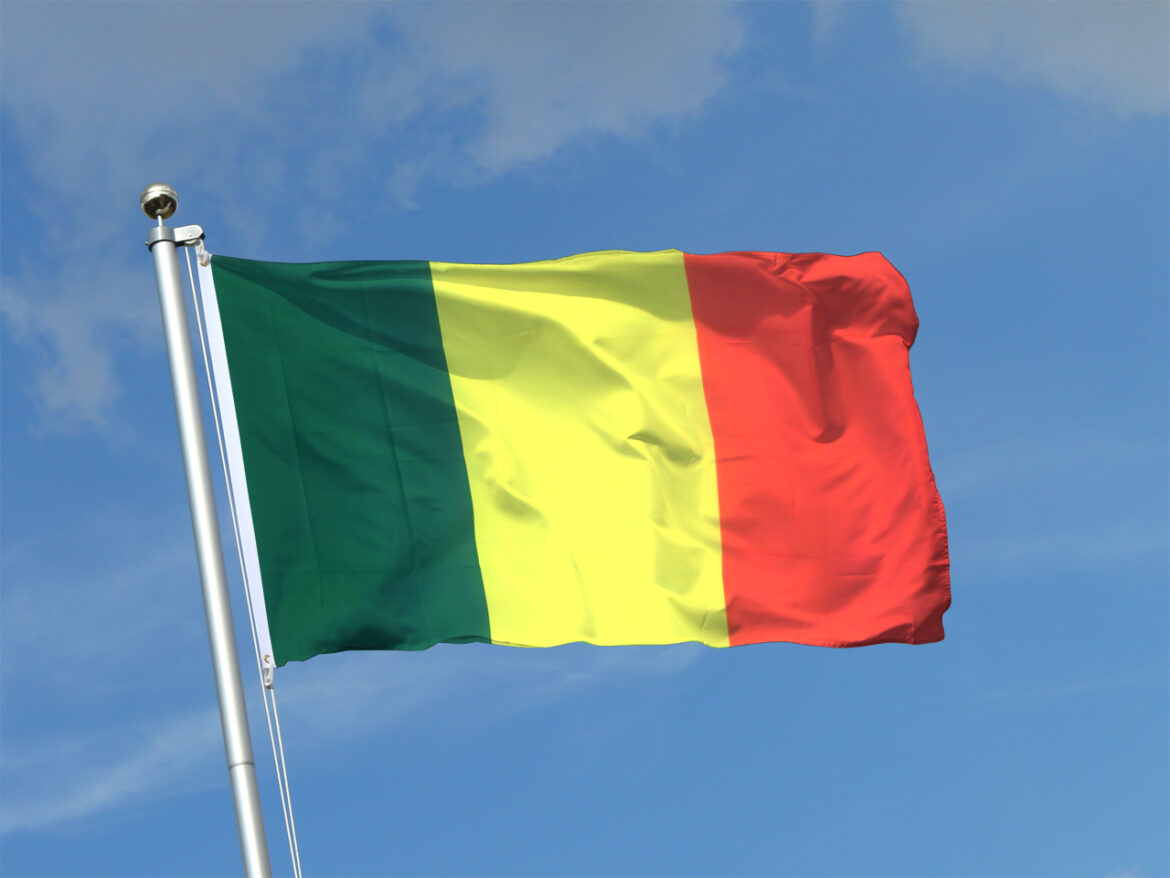Mali has issued a strong demand to the United States, calling for the prosecution of American officials allegedly responsible for diverting millions of dollars in USAID funds to terrorist organizations, including Boko Haram. This bold request follows revelations that financial aid intended for social cohesion projects in Mali was misused to support extremist networks, fueling violence and instability across the Sahel region. The Malian government released a statement on February 24, 2025, expressing shock over the U.S. government’s decision to cancel aid to Mali and accusing Washington of failing to prevent the misuse of its own funds, which Mali claims have contributed to regional insecurity.
Mali’s Ministry of Foreign Affairs and International Cooperation emphasized that this issue goes beyond aid suspension and requires accountability for the alleged role of U.S. officials in mismanaging funds that ultimately ended up in the hands of terrorist groups. The government reiterated its longstanding warning that foreign aid, when improperly managed, serves as a tool for subversion and external control rather than development. The disputed funding, amounting to $14 million or approximately 8.8 billion CFA francs, was reportedly allocated for peace and social cohesion projects but was allegedly funneled to insurgent groups instead of reaching the intended beneficiaries.
The call for prosecution follows a U.S. congressional investigation that exposed significant concerns over the financial mismanagement of American foreign aid. On February 14, 2025, Congressman Scott Perry made alarming claims during a high-profile hearing, stating that USAID funds had been redirected to finance terrorist organizations in Africa and the Middle East. Perry detailed how millions of dollars from American taxpayers had allegedly supported groups such as Boko Haram, ISIS, and Al-Qaeda, directly fueling conflict rather than fostering stability. Speaking at a session titled The War on Waste Stamping Out the Scourge of Improper Payments and Fraud, Perry highlighted the scale of the problem, stating that an estimated $697 million annually, along with large shipments of cash, had been funneled into extremist networks instead of legitimate development efforts.
Mali and its regional partners within the Confederation of Sahel States, including Burkina Faso and Niger, have expressed deep concern over the misuse of international aid and its impact on regional security. The Malian government stated that it and its allies have been direct victims of illicit financing, pointing to the persistent violence and instability in the region as proof that foreign aid has not been properly controlled. The statement from Mali’s Foreign Ministry welcomed the United States’ apparent shift toward greater accountability in its aid programs but insisted that those responsible for past misuse must face legal action under American law.

The diplomatic tensions between Mali and the United States come at a time when the Malian government has been actively repositioning itself on the global stage. Mali has distanced itself from Western influence in recent years, expelling French troops and strengthening military and economic ties with Russia and other non-Western allies. The latest demand for U.S. prosecutions signals a broader push for sovereignty, challenging foreign interventions that Mali argues have only exacerbated the region’s security challenges. The government has repeatedly stated that it will no longer tolerate foreign interference disguised as development aid and insists that international partnerships must be built on mutual respect and accountability.
The United States has yet to officially respond to Mali’s demand for prosecutions, but recent developments suggest that Washington is taking concerns over foreign aid mismanagement seriously. The U.S. State Department recently announced a comprehensive review of international funding programs following growing concerns that American taxpayer money may have been misused. In response to the congressional revelations, the U.S. Mission to Nigeria issued a statement assuring that monitoring and evaluation systems are in place to verify that aid reaches its intended recipients. However, Malian officials remain skeptical, arguing that repeated financial irregularities suggest these oversight mechanisms have not been effective.
The allegations surrounding USAID funding raise critical questions about the role of foreign aid in conflict zones and the unintended consequences of financial mismanagement. If Mali’s claims are substantiated, this could become one of the most significant scandals in recent U.S. foreign policy, potentially reshaping global discussions on aid distribution and oversight. The implications for West Africa are even more profound as the region continues to struggle with violent extremism, political instability, and economic hardships, all of which are exacerbated by illicit financial flows and external influence.
Mali’s firm stance on this issue could serve as a precedent for other nations seeking greater control over their internal affairs, challenging long-standing models of international assistance that have often left African countries dependent on Western donors. As the situation unfolds, global attention will be focused on Washington’s next move. The question remains whether the U.S. will take Mali’s allegations seriously and pursue legal action against those implicated or if this issue will be quietly dismissed as another controversy in the long and complex history of Western aid in Africa.
Stay ahead with the latest news on global innovation, leadership, entrepreneurship, business, and tech. Join us on WhatsApp or Telegram for real-time updates. Have a report or article? Send it to report@theinnovationtimes.com. Follow us on X Twitter, Instagram, LinkedIn, YouTube, Pinterest, and Facebook for more insights and trends.



